How to Fight and Prevent Seasonal Allergies Naturally
Approximately 50 million Americans experience some type of allergy. Allergies are characterized by symptoms such as runny nose and itching eyes. Allergies occur when your immune system reacts to a substance that’s normally harmless. Some triggers can be pollen, grass, fragrances, animal dander, medication or foods.
Your body attempts to protect itself from the substance called an allergen by stimulating an immune response and provoking symptoms in your nose, lungs, throat, sinuses, ears, stomach or skin. Some people experience skin rashes, hives or asthma.
Unfortunately all the beauty of spring, green grass, blooms and blossoms are the signal of stuffy sinuses, sneezes and coughing fits for many of us, myself included.
How to Fight and Prevent Seasonal Allergies Naturally
Today I’m excited to share How to Fight and Prevent Seasonal Allergies Naturally. These are the 4 steps that I’ve used together over the years to effectively and consistently manage my seasonal allergies.
Over the past 10 years I’ve gone from daily struggles with allergies to nearly everything, to rarely having a flare up. And when those flare up occurs (like this morning after an overnight-puppy-cuddle-fest with Argos while sleeping with the window open) I know how to swiftly kick my congestion and watery eyes to the curb within 24 hours.
1. Clean out your Sinuses
One of the key components to initially combatting my allergies naturally was implementing a daily schedule of sinus rinses. At first I rinsed 2 times daily (am & pm) for the first couple months. Then I reduced the frequency just once a day (am) for several years.
And most recently, using sinus rinses only as needed to combat flare ups or as a seasonal prevention. Basically sinus rinsing is cleaning out your sinuses. Washing out the cause of your allergy response that you sniff in and also dislodging the congestion that’s giving you discomfort.
I recommend starting out with THIS SINUS RINSE KIT. Then after you use up the premixed packets, switching to my Homemade Sinus Rinse Mixture (to save money).
If you want to supercharge your sinus rinsing, you can use THIS POWERED SINUS IRRIGATOR, which works similarly to a water pick for you teeth. I’ve been using it for over 3 years, the pulsating pressure of the water really helps to get out all the gunk.
Sinus rinsing is perfect for everyone in the family, even my 18 month old great-niece loves getting her sinuses rinsed when she has a stuffy nose. Don’t hesitate, if she can do it so can you!
2. Homeopathic Symptoms Relief
Now that you’ve started a routine of getting the junk out with sinus rinsing, let’s get some immediate relief so that you can get on with your life without feeling like crap.
Instead of reaching for a toxic concoction of dugs, I reach for THIS ORGANIC HOMEOPATHIC MEDICINE. It helps to provide non-drowsey and completely safe relief from Sneezing & Runny Eyes; Itchy, Watery Eyes; Nasal Congestion and Itchy Nose & Throat.
Adults take 2 quick dissolving tablets every 6-8 hours, as needed and there’s a kids version too!
3. Aromatherapy for Allergy Relief
After I rinse my sinuses and pop a couple homeopathic allergy pills, I fire up my diffuser with Essential Oils.
Using essential oils can help to ease or eliminate typical allergy symptoms quickly and naturally thanks to their strong anti-inflammatory properties and even sooth itching and irritated tissues.
Essential oils also have the potential to kill some of the allergens that are the main causes in your symptoms and prevent a new allergy breakout with their anti-histamine properties. Some popular Essential Oils for Allergies are:
- Eucalyptus can open the respiratory system, reduce inflammation and allow better breathing.
- Peppermint will help to open those stuffed nasal passages and can reduce headaches.
- Lavender is a natural antihistamine, anti-inflammatory and very calming. It can help reduce irritation and relax your breathing.
- Lemon improves immunity, relieves respiratory issues, is antibacterial and relieves respiratory inflammation.
- Roman Chamomile is anti-inflammatory, relaxing, relieves headaches and eases inflammation.
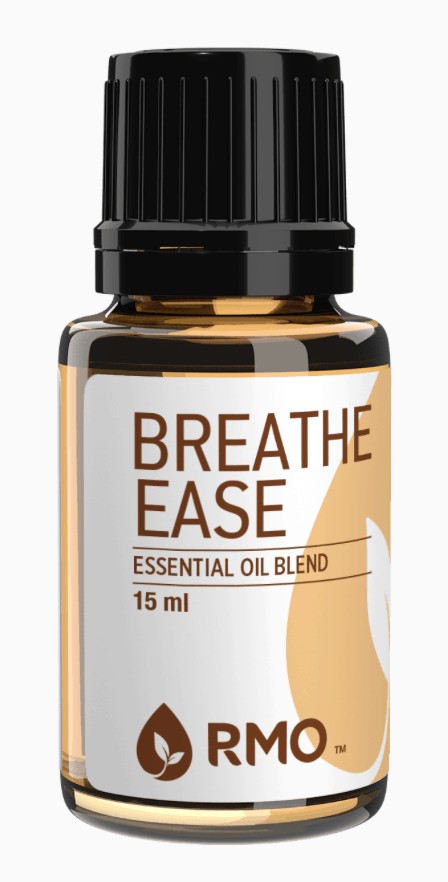
The oil features Eucalyptus radiata, Eucalyptus citriodora, Myrtle, Peppermint, Spruce, Ravintsara, Pine, and Marjoram.
Get allergy relief by simply breathing with the oil, whether in an diffuser or when placed in the palm and inhaled deeply three times. It’s also fabulous to put a few drops on cotton ball in a hot shower for a sinus clearing experience.
Rocky Mountain is my favorite EO brand. Not only are the high quality oils they are also super affordable and don’t have any auto-ship programs. CLICK HERE to learn more about RMO and why I switched to their EOs.
4. An ounce of Prevention is Worth a Pound of (allergy) Cure!
After I rinse my sinuses, pop a couple homeopathic allergy pills, and I’ve got my aromatherapy on with Essential Oils….now let’s help the body fight the allergic response that started it all.
Most people don’t think about their allergies until their symptoms flare up, however one of the best ways to proactively deal with allergies is with prevention.
No doubt the cornerstone to an allergy preventing lifestyle is getting enough sleep, eliminating stress, eating a healthy real-food diet, full of healthy fats, probiotic rich fermented foods and avoiding processed foods.
But it’s nearly impossible to eat a diet or lead a healthy lifestyle that’s 100% perfect and no doubt we’re all digging ourselves out of a nutritional deficit. By adding a few vitamins and supplements to your daily regimen, you may be able to alleviate allergy suffering in the future.
Quercetin: is at the top of the list. Quercetin is a bioflavonoid (bioflavonoids are plant pigments the help give fruits, flowers and vegetables their colors.) It’s also an antioxidant that helps reduce cell damage caused by free radicals and provides anti-inflammatory properties.
Quercetin may also help allergy symptoms because it stops immune cells from producing histamines, which can trigger those awful allergic reactions heavily dreaded and despised…..Recommended dosage is usually 500mg three times a day for the most benefit.
Bromelain: is an allergy fighter that most people are not familiar with. Bromelain is a mixture of enzymes found naturally in the juice and stems of pineapples and is helpful in reducing nasal swelling and thinning mucus, making it easier for you to breathe.
Bromelain has proven mucolytic properties. As such, Bromelain supports normal mucosal tissue function and enhances the absorption of Quercetin. Allergy sufferers can take between 500 mg and 2,000 mg a day divided into two doses.
When used for inflammatory conditions, practitioners typically recommend taking Bromelain between meals on an empty stomach to maximize absorption. Bromelain is often marketed as a natural anti-inflammatory for conditions such as arthritis.
It’s one of the most popular supplements in Germany, where it is approved by the Commission E for the treatment of inflammation and swelling of the nose and sinuses due to surgery or injury.
MSM: this is a favorite for allergies. It is actually one of the most prominent compounds in our bodies, just behind water and sodium. MSM is a compound found naturally in foods such as cow’s milk, meat, seafood, fruits and vegetables. MSM is thought to work by contributing sulfur.
Due to its positive wide-spectrum effect, particularly in maintaining healthy cell formation, dietary nutritional supplementation of MSM is recommended at a daily rate of 2,000 to 6,000mg. MSM does not act as an anti-histamine substance that inhibits histamine production.
It’s effectiveness is due to the ability to block the receptivity of histamine in the sensitive tissue of the mucus membranes of nasal passages. This process is believed to prevent the histamine from creating the inflammation, swelling, and fluid build-up that can come with allergies.
Patients that have taken MSM have report a reduction in allergy symptoms within a week.
Stinging Nettle Leaf: used as a medicinal herb to treat respiratory issues such as asthma, bronchitis, sinusitis and allergies. Stinging nettle is thought to be an effective histamine blocker as well as an inflammation reducer, and it has been used to treat allergic rhinitis without the side effects of popular allergy medications. Follow recommendations provided on the supplement bottle.
Creating your own supplement routine doesn’t have to be complex. I recommend taking all 4 supplements for no less than 90 days initially to jump start your body’s immune system response to allergens. Then using them as a part of an annual pre-allergy prevention protocol every winter/spring or when every allergy symptoms arise for 30+ days as needed.
I hope that the recommendations I’ve provided helps you to naturally deal with your allergies. I know how badly they can ruin even the best day.
What’s your favorite tips and tricks to naturally fighting seasonal allergies?
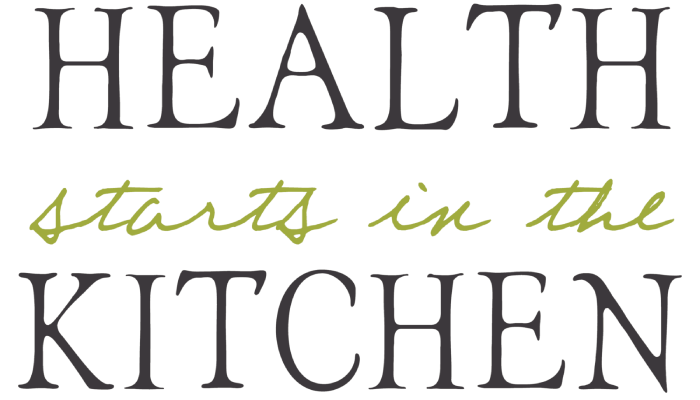
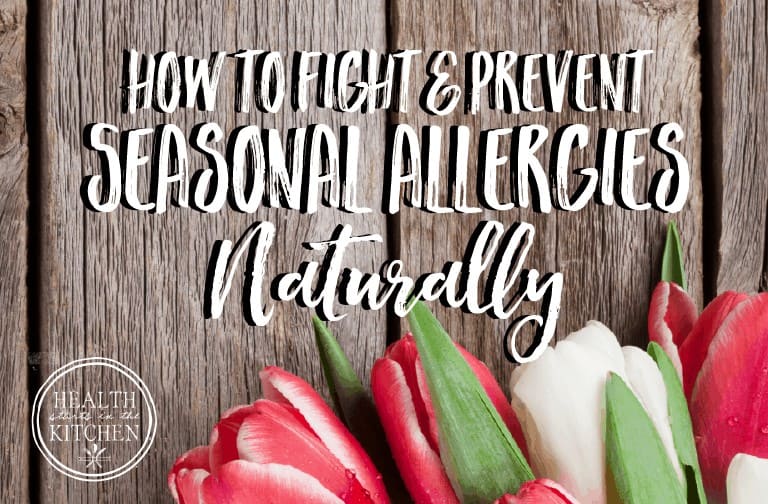
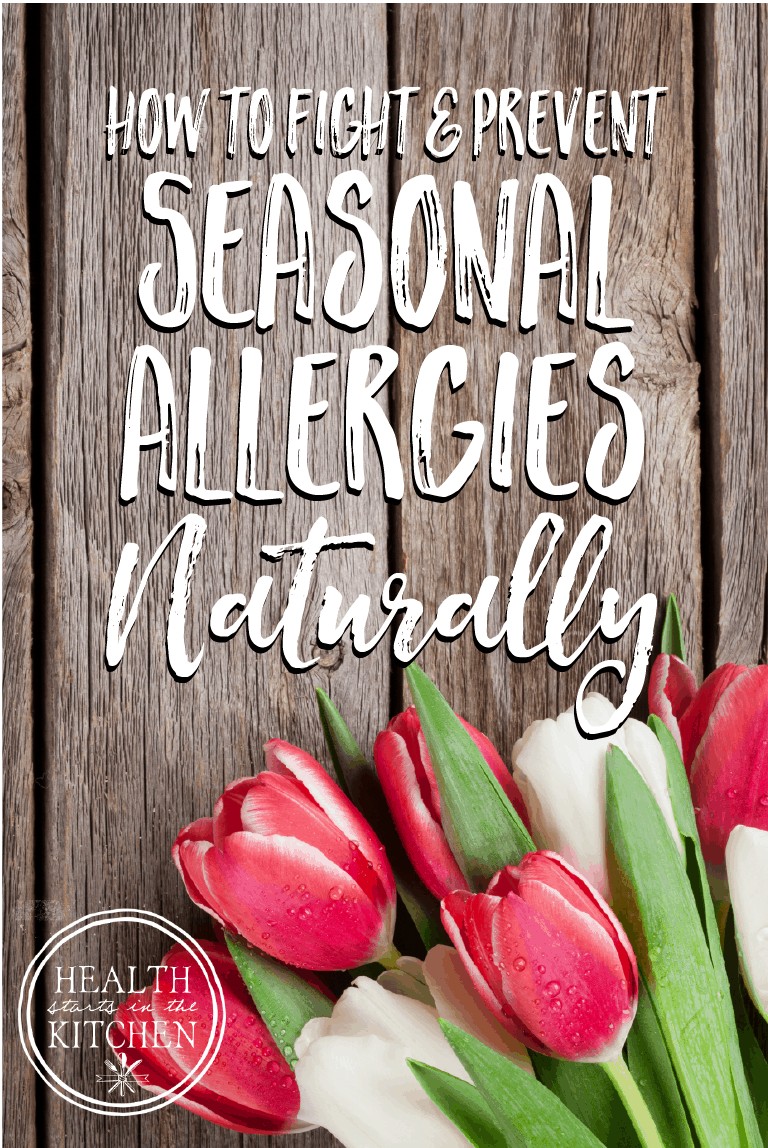
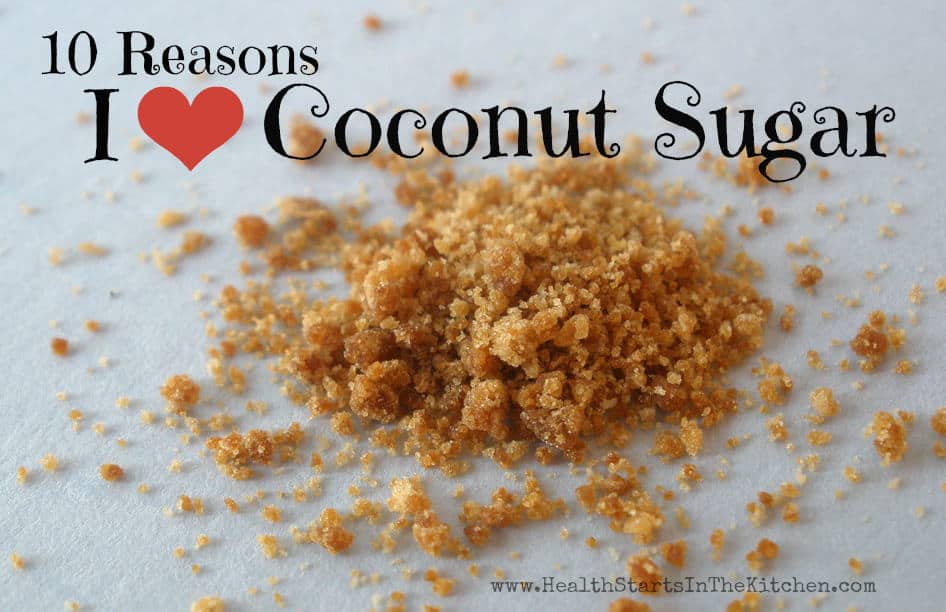




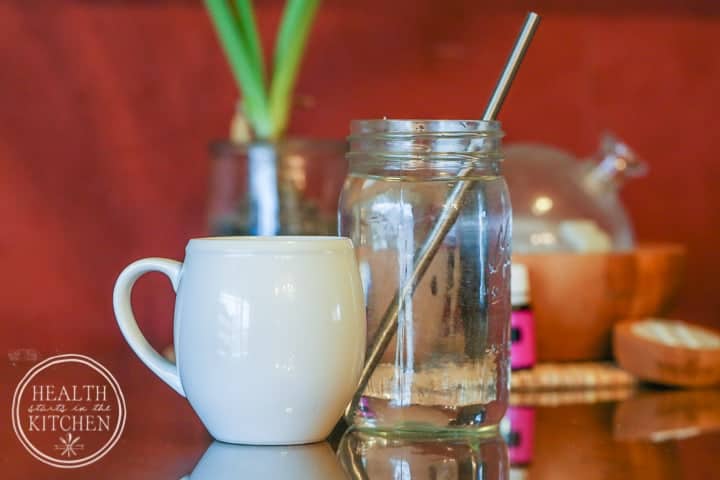
Hailey, THANK YOU for this post!! It’s August and hay fever season is here. 🙁 it never occurred to me to try a nasal rinse. I do have a neti pot so I will be trying this. There are times throughout the day where we all laugh trying to see how many times I will sneeze all I in a row. (My highest count is 7!!) And I refuse to take OTC medicines, so it can quickly get miserable for me. Thanks for these tips!